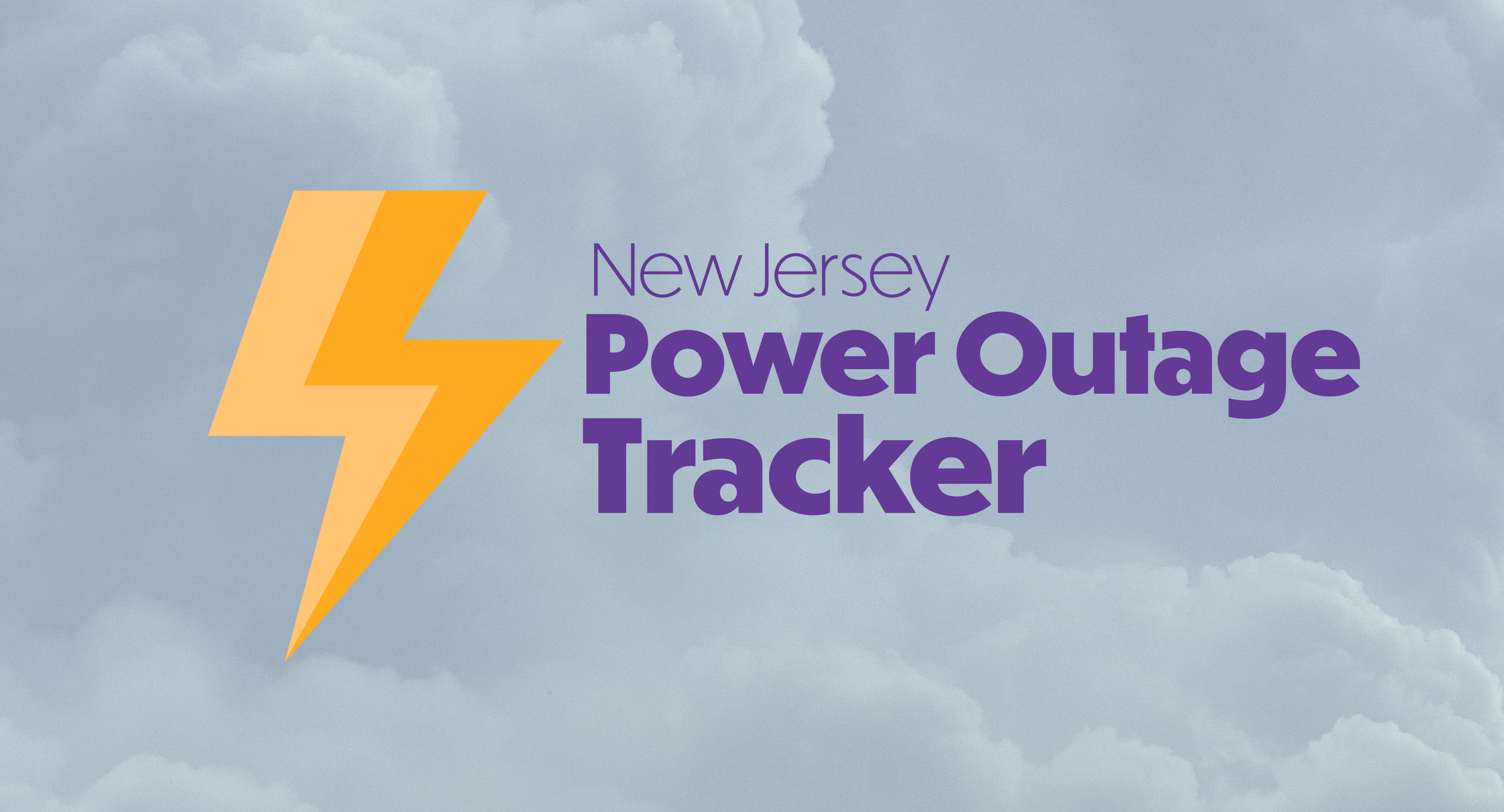Power outages in New Jersey can be a significant disruption to daily life, affecting homes, businesses, and essential services. Whether due to severe weather, equipment failure, or other unforeseen circumstances, understanding the reasons behind these outages and how to prepare for them is crucial for residents. In this article, we will explore the various causes of power outages in New Jersey, their impacts on the community, and what steps can be taken to mitigate these challenges.
With its diverse climate and aging infrastructure, New Jersey faces unique challenges when it comes to maintaining a stable power supply. Frequent storms, hurricanes, and other weather-related events can lead to widespread outages, leaving many residents in the dark. Furthermore, as our reliance on electricity increases, the consequences of these outages become more severe, highlighting the need for effective solutions.
In the following sections, we will delve into the topic of power outages in New Jersey, covering everything from the statistics and common causes to tips for preparedness and recovery. By the end of this article, you will have a comprehensive understanding of this critical issue and how to navigate it effectively.
Table of Contents
- 1. Overview of Power Outages in New Jersey
- 2. Common Causes of Power Outages
- 3. Impact of Outages on Residents and Businesses
- 4. Preparing for Power Outages
- 5. Recovery After an Outage
- 6. Conclusion
1. Overview of Power Outages in New Jersey
New Jersey, with its densely populated cities and extensive suburban areas, is vulnerable to power outages that can occur at any time of the year. On average, the state experiences thousands of outages annually, impacting thousands of residents. According to the U.S. Energy Information Administration, New Jersey ranks among the states with the highest frequency of outages, making it essential for residents to be informed and prepared.
2. Common Causes of Power Outages
Understanding the primary causes of power outages in New Jersey can help residents better prepare and respond when they occur. Here are some of the most common causes:
2.1 Weather-Related Outages
Severe weather is the leading cause of power outages in New Jersey. Factors contributing to weather-related outages include:
- Heavy Rain and Flooding: Can damage power lines and equipment, leading to outages.
- Snow and Ice Storms: Ice accumulation on power lines can cause them to snap.
- Hurricanes and Tropical Storms: High winds can uproot trees and knock down power lines.
2.2 Equipment Failures
Equipment failures can also lead to outages, often due to:
- Aging Infrastructure: Many power lines and substations in New Jersey are old and require upgrades.
- Maintenance Issues: Regular maintenance is crucial, and lapses can lead to failures.
- Human Error: Accidental damage during construction or repair work.
3. Impact of Outages on Residents and Businesses
The impact of power outages can be profound, affecting various aspects of life in New Jersey:
- Disruption of Daily Life: Outages can interrupt work, school, and essential services.
- Economic Loss: Businesses may lose revenue during extended outages.
- Health Risks: Vulnerable populations may face health crises without power for medical equipment.
4. Preparing for Power Outages
Preparation can significantly lessen the impact of power outages. Here are some strategies to consider:
4.1 Emergency Kits
Having an emergency kit ready can make a big difference. Essential items include:
- Flashlights with extra batteries
- Non-perishable food and bottled water
- First aid supplies
- Battery-powered radio
4.2 Communication Plans
Establishing a communication plan with family and friends is vital. Consider:
- Identifying a safe location to meet if separated
- Sharing contact information and emergency numbers
- Discussing how to stay informed during an outage
5. Recovery After an Outage
After a power outage, it is crucial to assess the situation and follow these recovery steps:
- Check the status of electrical appliances before turning them back on.
- Report any downed lines or hazards to the utility company.
- Stay updated on restoration efforts through local news and utility websites.
6. Conclusion
Power outages in New Jersey are a significant concern that requires awareness and preparedness. By understanding the causes and impacts of outages, residents can take proactive steps to minimize disruptions. We encourage you to share your experiences, tips, or questions in the comments below. Stay informed and ready, and consider sharing this article with others to help spread awareness about power outages in New Jersey.
Thank you for reading! We hope you found this information helpful and encourage you to return for more valuable insights and resources.



